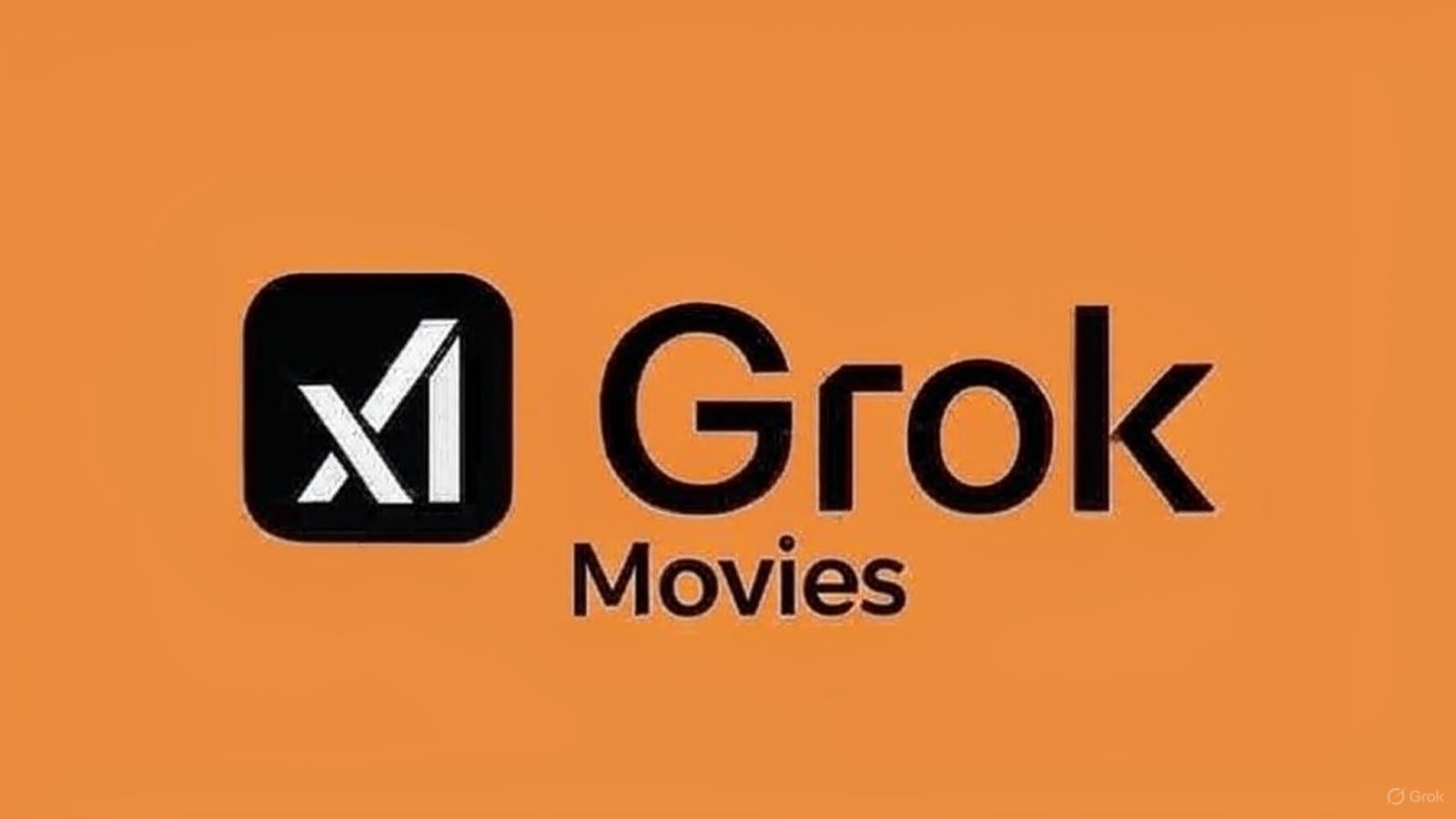Elon Musk Predicts Grok AI Will Deliver Watchable Movies by 2026 and Great Ones by 2027
Introduction
On October 6, 2025, tech visionary Elon Musk (@elonmusk) surprised the world with a tweet forecasting that Grok, the flagship AI of his company xAI, will be capable of making “at least watchable” movies by the end of 2026 and “really good movies” by 2027.
The statement came as a quote-tweet to a cinematic-looking demo video from Grok Imagine, xAI’s text-to-image and video generator. The prediction sparked massive debate across both the film and tech communities.
Grok will make a movie that is at least watchable before the end of next year and really good movies in 2027 https://t.co/5Fy42WRFLM
— Elon Musk (@elonmusk) October 6, 2025
Background: The Tweet That Started It All
- Tweet ID: 1975262861346951212
- Posted: October 6, 2025, 18:12 UTC (11:42 PM IST)
- Text: “Grok will make a movie that is at least watchable before the end of next year and really good movies in 2027.”
- Quoted Post: @amXFreeze’s visuals made with Grok Imagine, depicting a dramatic noir-style action scene.
This context shows that Musk’s comment was not random—it came in direct response to the rising quality of AI-generated cinematic imagery.
Why This Prediction Matters
Elon Musk’s timeline suggests that feature-length AI-driven cinema could move from concept to reality in just 18–24 months.
If realized, it could:
- Cut film production costs dramatically.
- Make independent filmmaking accessible to far more creators.
- Challenge Hollywood’s traditional production and distribution models.
Yet, it also raises ethical, artistic, and economic questions about the future of human-led creativity.
Technology Behind Grok’s Potential
- Grok Imagine – generates still images and short video clips with near-cinematic quality.
- Aurora Model (Dec 2024) – a photorealistic text-to-image/video model praised for its vivid, lifelike results.
- Integrated Ecosystem – Grok is already connected with X (formerly Twitter), Tesla’s Optimus robots, and experimental content platforms, allowing for iterative improvements.
These advancements suggest Musk’s timeline—“watchable by 2026, good by 2027”—is ambitious but not impossible.
Industry Impact: Promise and Pushback
Potential Benefits
- Reduced production budgets for VFX, set design, and even casting.
- Easier storyboarding and pre-visualization for directors.
- Democratization of filmmaking for small creators.
Concerns & Challenges
- Loss of human artistic touch and originality.
- Possible job displacement for film crews, artists, and screenwriters.
- Need for copyright, ethical, and transparency frameworks to prevent misuse.
Public Reaction
The tweet quickly went viral.
- Optimists: “That demo already looks better than half the stuff in theaters today!”
- Skeptics: “Replacing human creativity with code? Hard pass.”
This mix reflects society’s excitement and anxiety about AI’s role in storytelling.
FAQ: Key Questions about AI-Generated Movies
Q1: Can AI really make a full-length movie?
Yes—technically possible. Large models can already generate scripts, visuals, voices, and even editing cues. Integrating these reliably is the next challenge.
Q2: Will AI replace human filmmakers?
Not entirely. Experts predict a hybrid model, where humans guide story, tone, and ethics while AI accelerates production.
Q3: Is the 2026–2027 timeline realistic?
It’s aggressive but plausible. Progress in generative AI has been exponential since 2023. However, high-quality storytelling still requires human-level narrative design.
Q4: What about legal and ethical risks?
Expect fierce debates over copyright, deep-fake misuse, and authorship rights as AI cinema matures.
A Neutral, Intellectual Opinion
Musk’s forecast is neither pure hype nor guaranteed destiny.
The mathematics of AI scaling laws, rapid hardware gains, and success of multimodal models like Aurora make the 2026–2027 window technologically believable.
Yet, storytelling is not just visual fidelity. It’s empathy, subtext, cultural resonance—the very areas where human experience still dominates.
If Grok or any similar system produces a “good” movie, it will provoke a profound debate on what ‘good’ art really means.
Are we celebrating a new co-creator of culture, or are we accelerating a shift toward algorithmic entertainment optimized for engagement metrics rather than soul-stirring narrative?
The next two years may redefine not just cinema but our collective sense of creativity, ownership, and meaning in art.
Audiences, regulators, and filmmakers alike will need to decide whether to embrace, resist, or carefully guide this transformation.
Conclusion
Elon Musk’s October 2025 tweet projects a future where AI is no longer a filmmaking tool but a capable creator.
While skeptics doubt the timeline, the technical trend lines and public reactions suggest the possibility cannot be ignored.
Whether Grok’s first movie in 2026 is merely “watchable” or genuinely “good” by 2027, it will be a historic milestone in the intersection of technology and storytelling.


0 comments